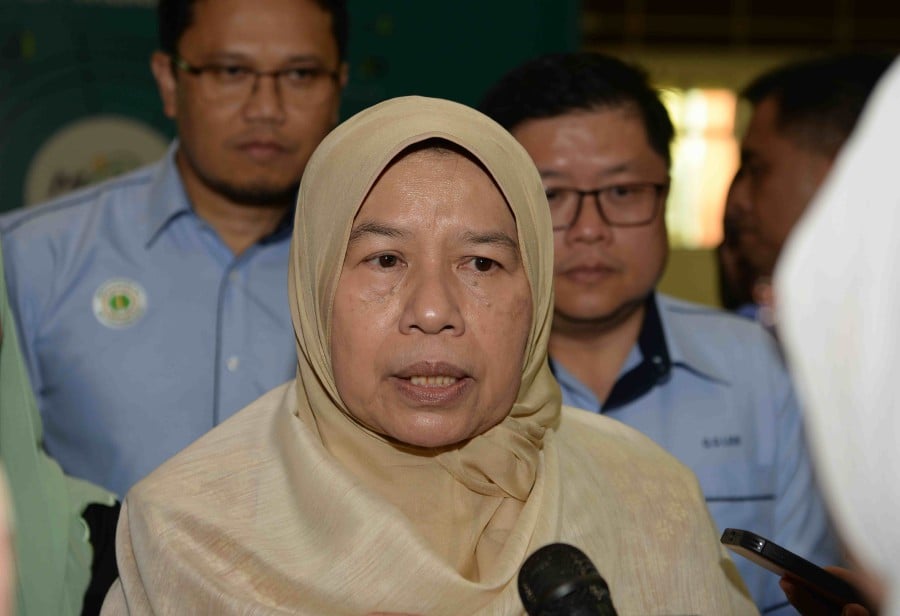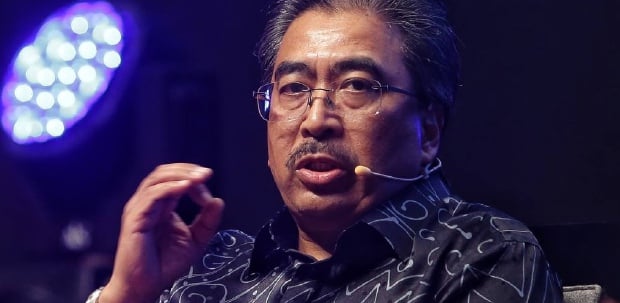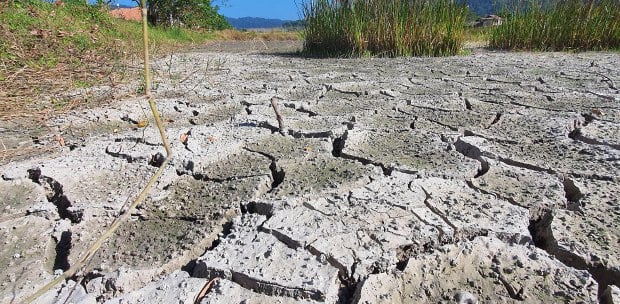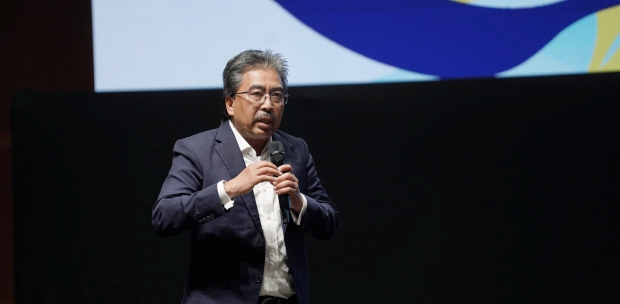SIK: The Plantation Industries and Commodities Ministry is exploring the idea of implementing corporate commercial management towards achieving sustainable future rubber smallholders.
Its minister, Datuk Zuraida Kamaruddin, said the move was paramount to ensure the country's sustainable rubber supply for the global market.
"Decades ago, we had corporate entities such as Sime Darby and others managing our rubber estates but they have ceased managing them.
"Now 90 per cent of the country's rubber supply are produced by rubber smallholders nationwide, so we need to save them.
"We are facing challenges as 40 per cent of our rubber smallholders are inactive, many of them are elderly folk and when they are unwell, they don't tap the trees.
"Many of them have the tendency to sell their rubber estate because they are no longer fit to work on the estate," she told reporters after opening northern region Keluarga Malaysia Agro-commodity Tour at Dewan Al Hana here today, which was attended by 300 rubber smallholders.
She also witnessed a Memorandum of Understanding (MoU) signing between Malaysian Rubber Board (MRB) and Malaysian Rubber Development Corporation Bhd (Mardec) at the event.
Zuraida said under the MoU, MRB and Mardec would carry out studies for a sustainable rubber smallholders estate management.
"We want to develop a model on how we can transform rubber smallholders operation into a professional, more productive one with full-time workers.
"Under this commercial leasing concept, our aim is to ensure a stable and higher income for our rubber smallholders through the Latex Production Incentive programme," she said.
Zuraida added that the ministry launched the initiative to address challenges in the rubber supply, such as shrinking rubber estates size nationwide due to the ageing population of the smallholders as well as conversion to oil palm estate.
"We need to have an effective model to address these challenges and we will implement the pilot project in the northern region.
"We chose Kedah for the pilot project because this state contributes the biggest rubber supply in the country at 30 per cent," she said.
Zuraida said natural rubber produced in Malaysia had high demand in the global market, especially in the European nations.
"We need more research to produce more downstream products for the global market. By doing so, we will be able to stabilise our rubber commodity price in the long term," she said.





